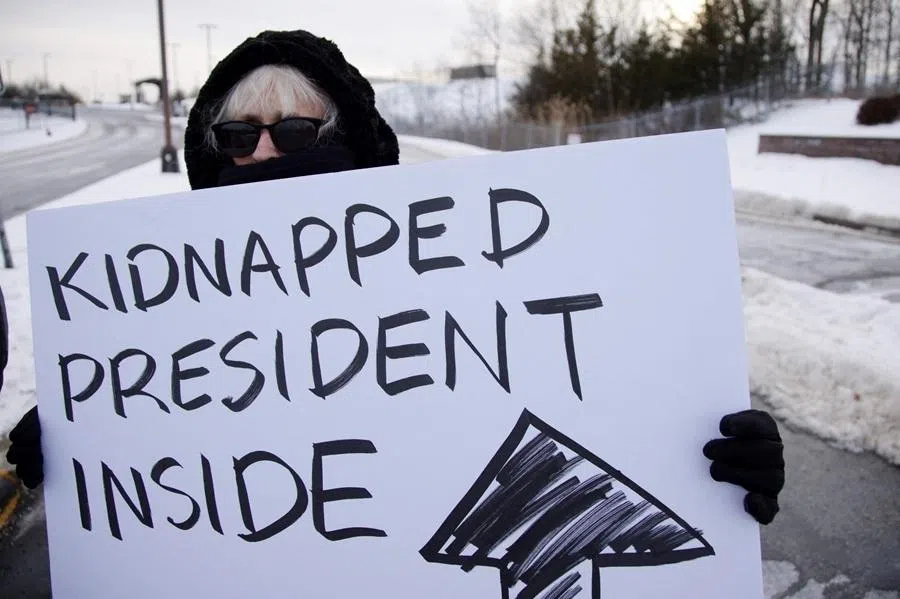Can Hong Kong’s economy thrive under China’s tightening grip?
As Beijing tightens its grip under the national security law, Hong Kong’s vaunted economic freedom faces a crucial test. Academic Toru Kurata examines how the Northern Metropolis plan and a push for high-tech growth could reshape the city’s future.
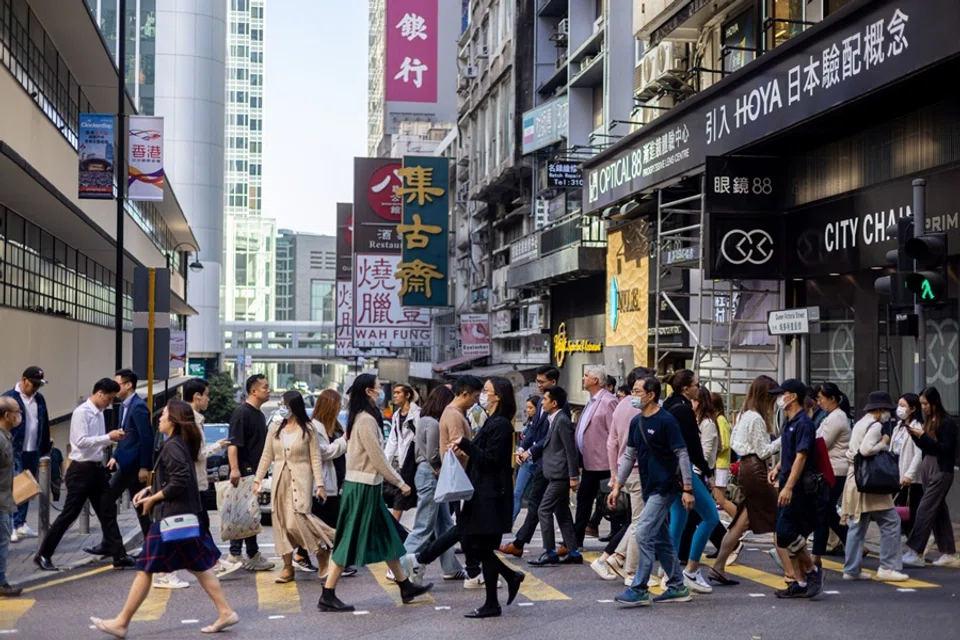
In June 2020, to quell the violent protests that broke out in 2019, the Chinese government enacted the “Law of the People’s Republic of China on Safeguarding National Security in the Hong Kong Special Administrative Region”, also known as the Hong Kong National Security Law. Over the past five years, political repression has become widespread in Hong Kong, and its political system has transformed into a Chinese-style “national security law system”.
Growth without freedom
When the Hong Kong National Security Law was enacted, US President Donald Trump, in his first term, said that Hong Kong has come under “one country, one system”, and imposed sanctions on the city. However, two years later, during a visit to Hong Kong, Chinese President Xi Jinping stated that “one country, two systems” was a “good system” that must be upheld for a long time.
Hong Kong has become a “one city, two systems” state where two systems coexist: Chinese-style communist party rule in politics and an international capitalist economy.
Politically, Hong Kong has completely sinicised, with numerous politicians and commentators arrested and pro-democracy activists barred from elections entirely. In contrast, however, its economy remains “the freest in the world”, ranking first in Canadian Fraser Institute’s Economic Freedom of the World: 2025 Annual Report, released on 25 September this year.
Since introducing the “one country, two systems” framework in the 1980s, China has maintained that it would allow Hong Kong and Macau to operate capitalist systems within socialist China.
From an economic standpoint, one could argue that Hong Kong is still operating under “one country, two systems”, as the Chinese government claims. However, under the national security law, Hong Kong has become a “one city, two systems” state where two systems coexist: Chinese-style communist party rule in politics and an international capitalist economy.
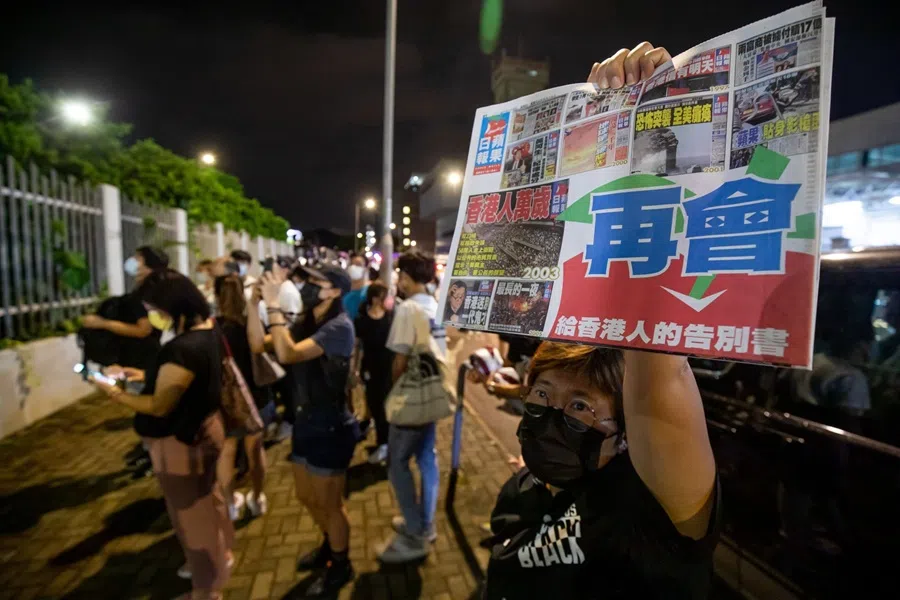
Introducing a market economy and pursuing development under a closed political system has been China’s specialty. Despite maintaining one-party communist rule, China’s reform and opening up has achieved dramatic economic growth. The Chinese government most likely believes that Hong Kong can continue developing as it always has, even without political freedom.
But is that really the case? No matter how far China has come in its transition to a market economy, it ranks 108th out of 165 countries and regions in terms of economic freedom, according to the international ranking mentioned above. With the implementation of the national security law, Beijing’s control over Hong Kong’s economy has deepened, signalling a shift toward stronger “Chinese-style” state intervention.
Northern Metropolis: risky bet on high-tech revival?
This is most evident in the “Northern Metropolis” initiative — Hong Kong’s flagship development plan. The project seeks to economically integrate the city’s long-underdeveloped northern region with neighbouring Shenzhen by developing a 300-square-kilometre area over the next two decades. Its goal is to attract high-tech industries and reshape Hong Kong into a city powered by two engines — finance in the south and innovation in the north, or a “South-North dual engine”.
...the business community is hesitant, questioning the profitability of the development.
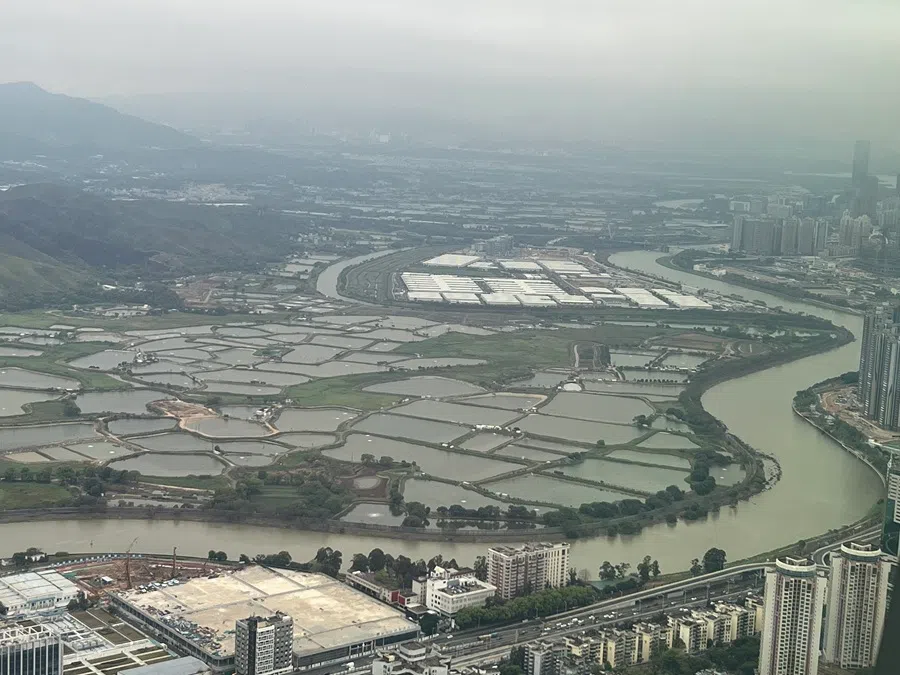
The central government is encouraging the Hong Kong business community to invest in the project, to demonstrate patriotism; however, the business community is hesitant, questioning the profitability of the development.
Hong Kong’s economy today is dominated by services — especially real estate and finance — sectors that have long thrived under its free-market system and helped cement the city’s status as a global financial hub. However, its manufacturing industry has declined and now accounts for only 1% of its GDP. Is it feasible for the city with high labour and land costs, and located just next to Shenzhen, a world-class high-tech centre, to embark on high-tech industrialisation now?
John Tsang, the former financial secretary of Hong Kong, questioned whether Hong Kong Chief Executive John Lee’s policy speech on 17 September, which promoted the Northern Metropolis, provided a clear path forward for Hong Kong’s economy.
Tsang expressed support for IT development but believes that the Hong Kong economy cannot survive without commerce, trade, logistics and finance, which account for more than half of Hong Kong’s GDP. He questioned why the government is not focusing on these sectors, the biggest areas of the Hong Kong economy.
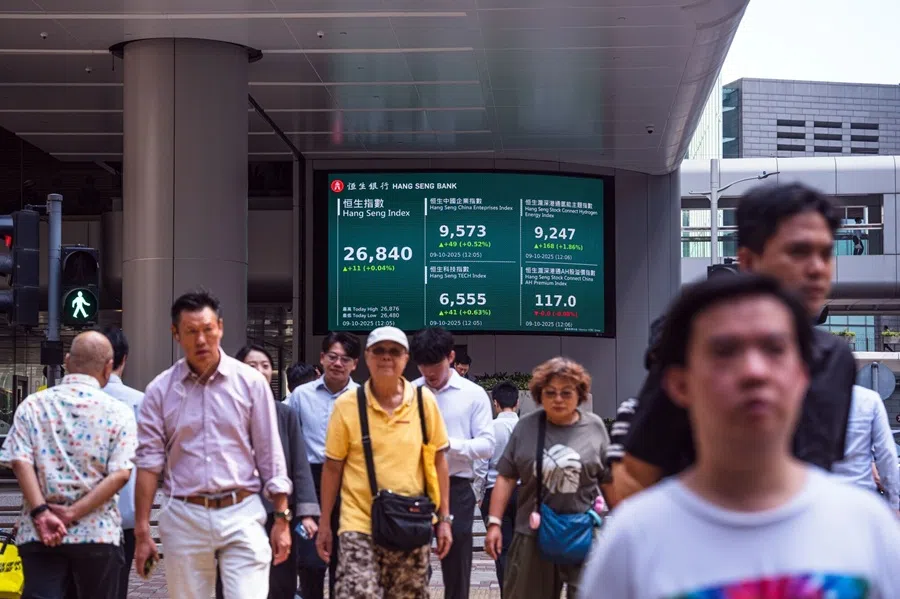
However, opposition to the Northern Metropolis development project is rarely heard in major Hong Kong media outlets. The “Chinese-style modernisation” driven by “new quality productive forces” is a flagship policy of the Xi Jinping administration. Regardless of the outcome, proceeding with the development is a foregone conclusion.
Whether Hong Kong can continue to develop as a result will also serve as a litmus test of the capacity of the Chinese government — having chosen this policy while suppressing dissent — to govern effectively.
Litmus test of Chinese governance
While political leadership over the economy may be necessary to some extent, especially for the promotion of high-tech industries, political intervention inevitably reduces economic freedom. Although the Fraser Institute commended Hong Kong for its economic freedom, the institute noted that the city’s scores for regulation, legal system and property rights have worsened.
The Fraser Institute stated, “The deterioration in the territory’s regulation and legal system and property rights areas is no doubt due to a notorious 2020 security law that seems to have ended China’s promise of ‘one country, two systems.’”
Whether Hong Kong can continue to develop as a result will also serve as a litmus test of the capacity of the Chinese government — having chosen this policy while suppressing dissent — to govern effectively.





